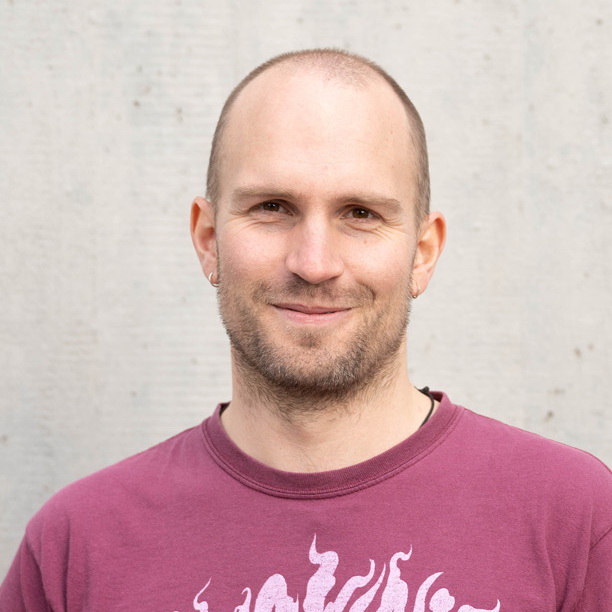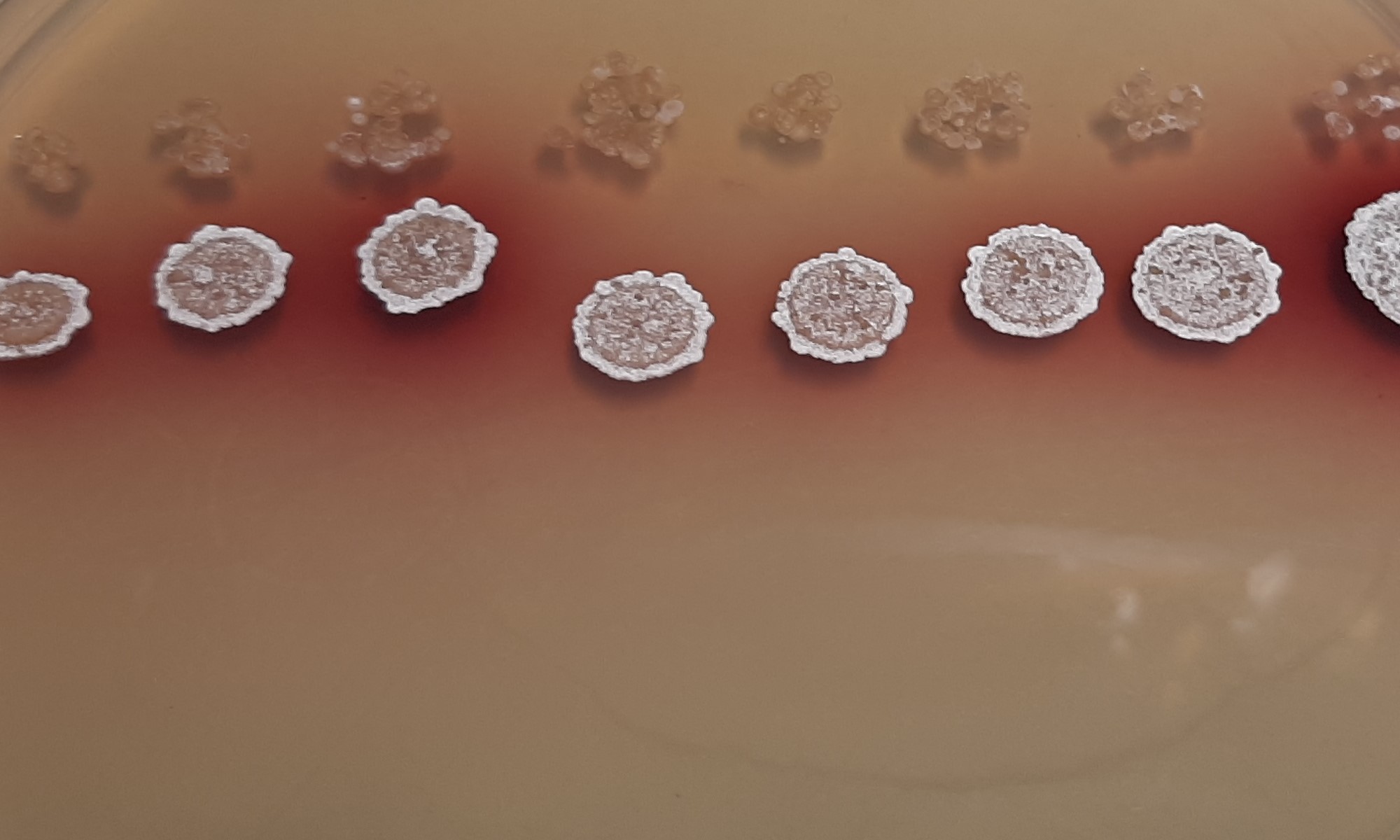From Molecules to Ecosystems – A Functional Metabolomics Toolbox to Study the Role and Fate of Small Molecules within Microbial Communities
Daniel Petras
Universität Tübingen, Functional Metabolomics Lab, DE
The chemical composition of the ocean’s community metabolome represents a fascinating source of chemical entities that are fundamentally important for ecosystem function and planetary processes such as global carbon cycling. Thanks to recent advances in tandem mass spectrometry and computational data analysis tools, we can identify a wide range of metabolites out of this ultra-complex mixture and propose some of their activities through literature knowledge. However, the number of known metabolites and activities represents only a small fraction of all compounds we can detect in these environments. To fully map out the structural and bioactivity space, new methods are needed, as traditional isolation and bioactivity studies do not scale to contemporary non-targeted metabolomics workflows. To address this need, we develop functional metabolomics tools that integrate liquid chromatography tandem mass spectrometry with metagenomics as well as native mass spectrometry and proteomics. In combination with molecular networking, these workflows allow us to connect the marine meta-metabolome to community composition and protein-metabolite interactions. Taken together, our results provide new insights in the enormous chemical complexity of marine microbial communities and highlight the potential of functional metabolomics workflows for the linking of environmental metabolomics data with microbial communities and biological mechanisms.

Daniel Petras is biochemist with a background in bioanalytical and natural product chemistry. He received his master’s degree in biotechnology from the University of Applied Science Darmstadt and his PhD in biochemistry from the Technical University Berlin in 2016. His thesis in the group of Roderich Suessmuth focused on the discovery, structure elucidation and biosynthesis of different peptide toxins, including albicidins, a group of potent antibiotics.
For his postdoctoral research, Daniel joined the lab of Pieter Dorrestein at the University of California San Diego, where he focused on the development of large-scale environmental metabolomics methods. In 2021, Daniel launched the Functional Metabolomics Lab at the University of Tübingen as an independent Junior Research Group. The work of his group focuses on the development and application of mass spectrometry-based methods to visualize and functionally assess chemical exchange within microbial communities.
